Eggs are an excellent protein source. Egg yolks are perfect for homemade mayo, while egg whites create delightful meringues. Another interesting way to use eggs is with an egg white face mask.
Egg Whites for Skin Care
Applying egg to your face might sound unusual, but not necessarily more so than avocado or chocolate. While egg yolks are rich in nourishing fats, egg whites mainly consist of protein and water.
Due to their high water content, egg whites are thought to be very hydrating for dry skin. The unique protein structure in egg whites unfolds when heated or beaten, allowing for their transformation into fluffy desserts like marshmallows and meringue.
Benefits of Egg White
Egg white proteins offer remarkable benefits beyond culinary uses. Roughly half of egg white proteins are composed of ovalbumin, which has properties that combat tumors and act as antimicrobial, antibacterial, and antioxidant agents. Additionally, it helps slow fat rancidity.
However, ovalbumin can be temperamental, changing form due to time and temperature. By the time eggs reach the grocery shelf, about half of the ovalbumin has transformed. Temperature affects more than aging does.
Other egg white proteins, like lactoferrin and ovotransferrin, play essential roles in immune protection due to their antimicrobial and antibacterial characteristics.
DIY Egg Face Mask
How does this benefit your face? While there are no placebo-controlled studies on egg white face masks, existing knowledge about eggs suggests their utility in skincare.
Proteins in egg whites may tighten the skin temporarily, reducing fine lines and offering anti-aging effects. They’re potentially beneficial for oily skin, possibly reducing blackheads by keeping the face nourished and clean, which helps in preventing pimples, breakouts, and blemishes on acne-prone skin.
Those with drier skin might experience more tightening effects, which can be mitigated by mixing the egg with moisturizers like aloe vera. The tightening could also reduce under-eye puffiness.
Here are more benefits of using an egg white face mask:
- May improve skin elasticity
- Absorbs excess oil
- Improves skin tone
Who Should Not Use an Egg White Mask?
Individuals with skin conditions like eczema or rosacea, or those with dry or irritated skin, may find egg whites irritating. A patch test is recommended to check for allergies or irritation—simply apply a small amount of egg white to the skin, wash off after 15 minutes, and check for redness or irritation.
Be sure to use eggs from a reliable source, as raw eggs, particularly from large farms, may contain salmonella.
How to Use an Egg White Face Mask
First, gently exfoliate and remove dead skin cells. The mask can’t effectively tighten and nourish if obstructed by sebum and dirt.
Apply egg white with a cotton round or ball, either alone or combined with skin-friendly ingredients like yogurt or lemon juice. Lemon juice adds vitamin C, supporting collagen production and potentially reducing dark spots, though it can irritate if used excessively due to acidity.
Egg White Face Mask
This straightforward DIY mask helps make skin feel refreshed and nourished.
Prep Time: 3 mins
Active Time: 15 mins
Total Time: 18 mins
Author: Katie Wells
Instructions:
- Combine all ingredients in a bowl and whisk until frothy.
- Apply the mixture with a cotton round or ball to the face.
- Leave on for about 15 minutes, then rinse with warm water.
Notes:
- Best used post-cleansing, followed by moisturizer or coconut oil if desired.
- Store leftovers in the fridge and use within a day or two.
More DIY Face Products to Try
Consider adding these homemade masks, scrubs, and cleansers to your skincare routine to achieve radiant skin!
What’s the most unusual ingredient you’ve used in a DIY skincare product? Share your experience in the comments!


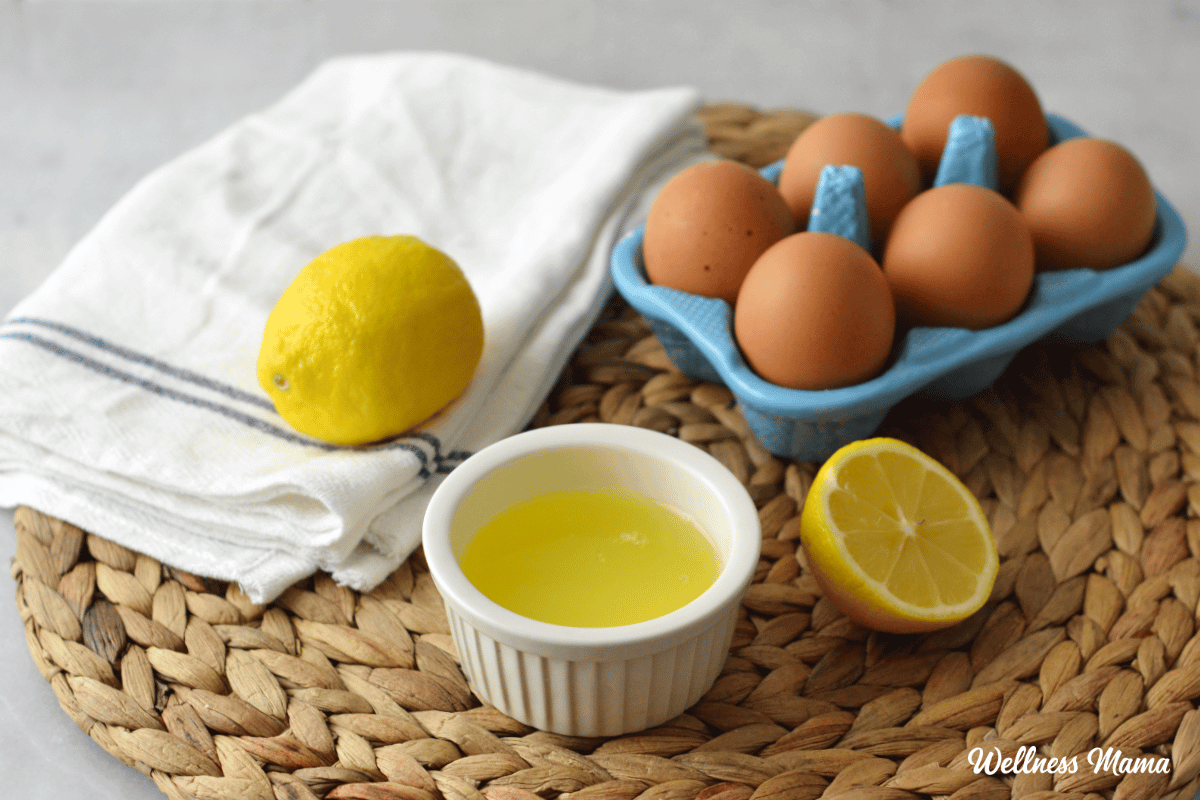
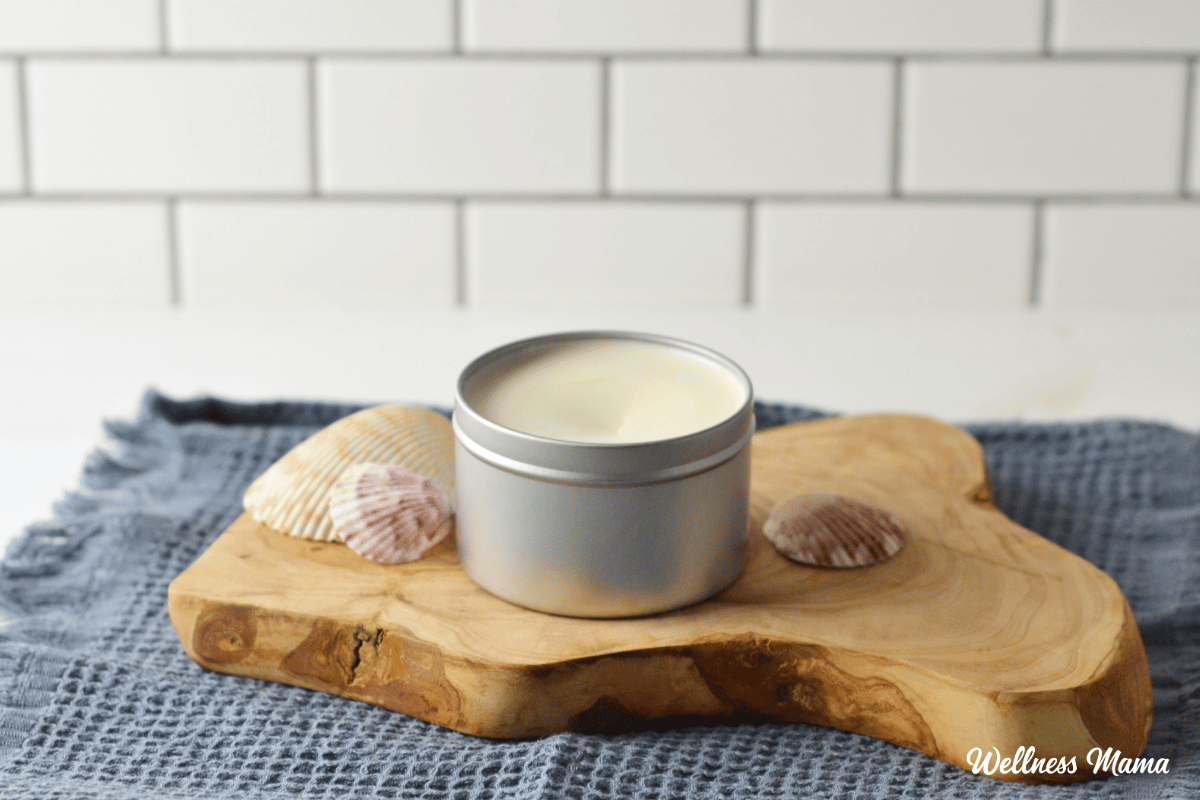
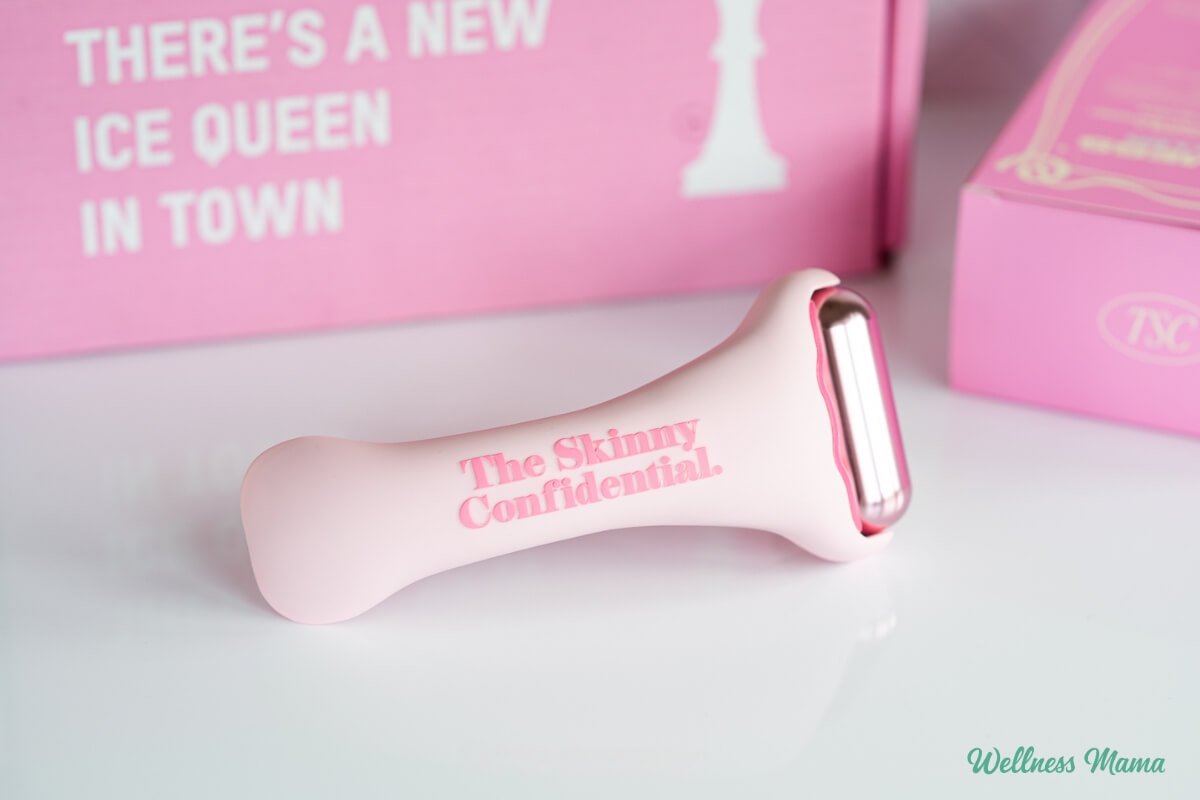
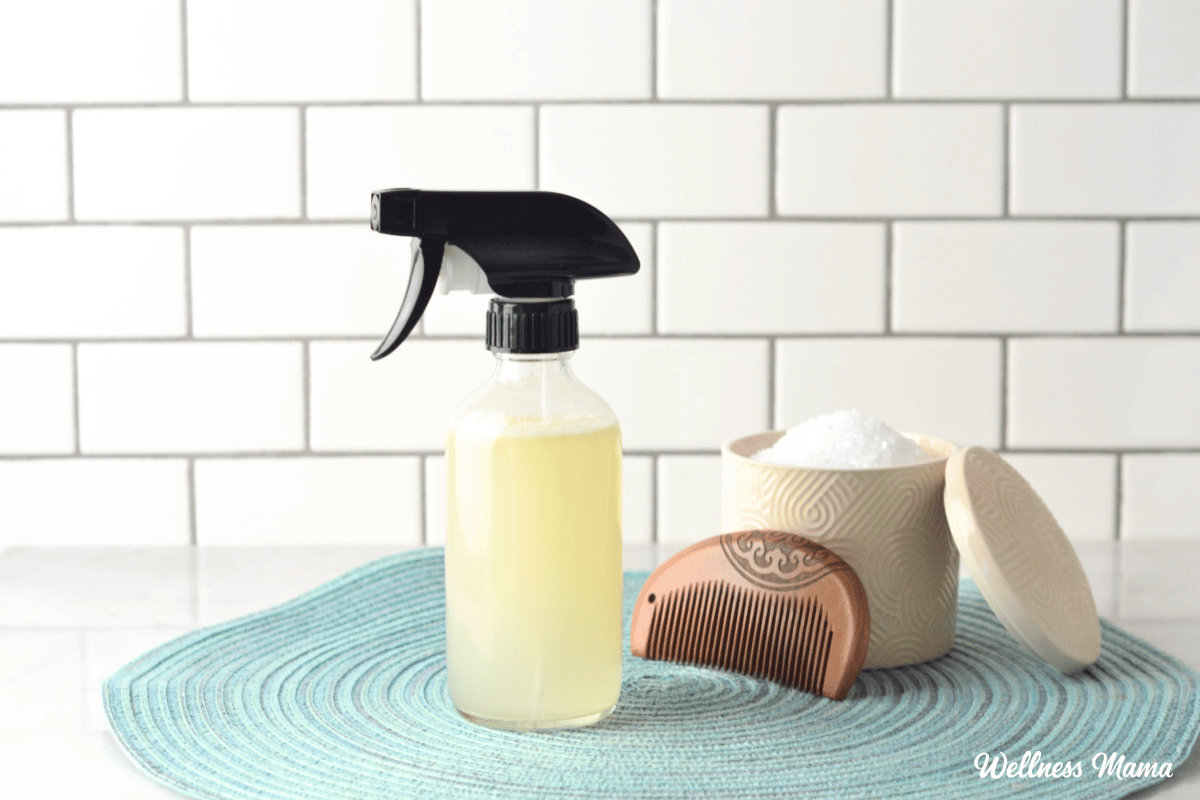
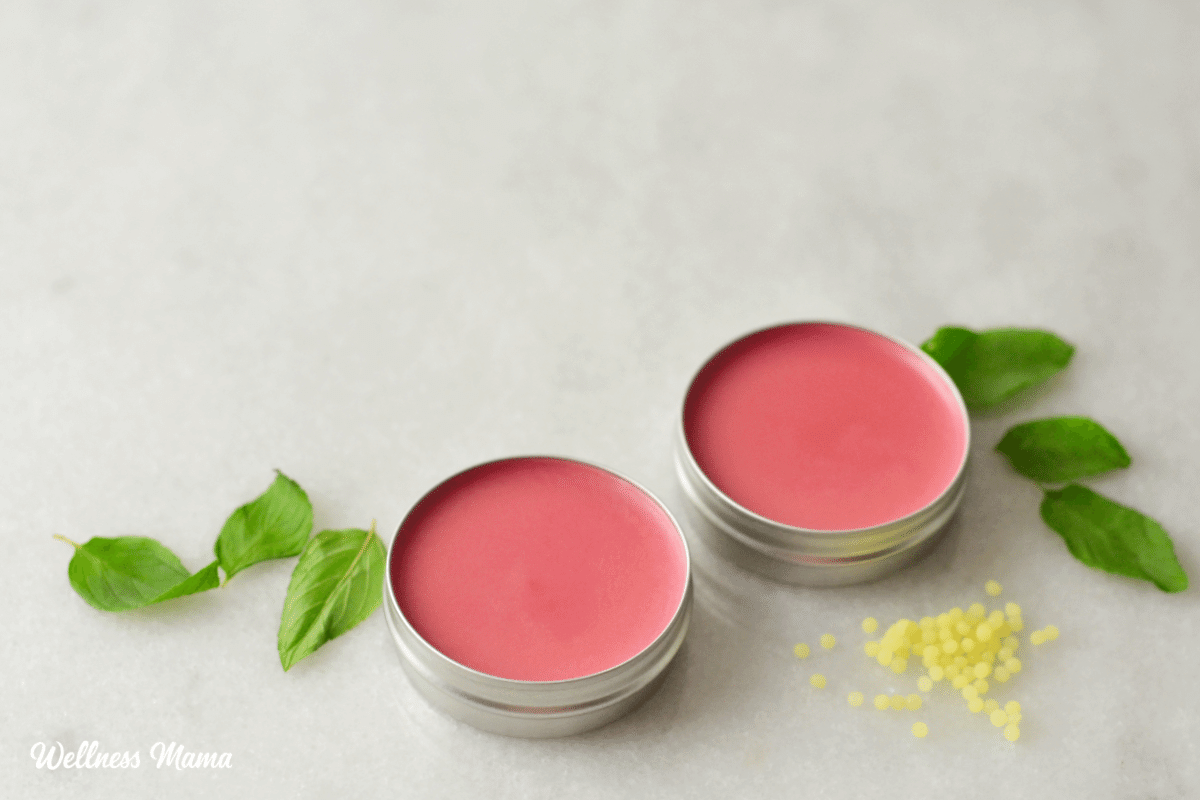
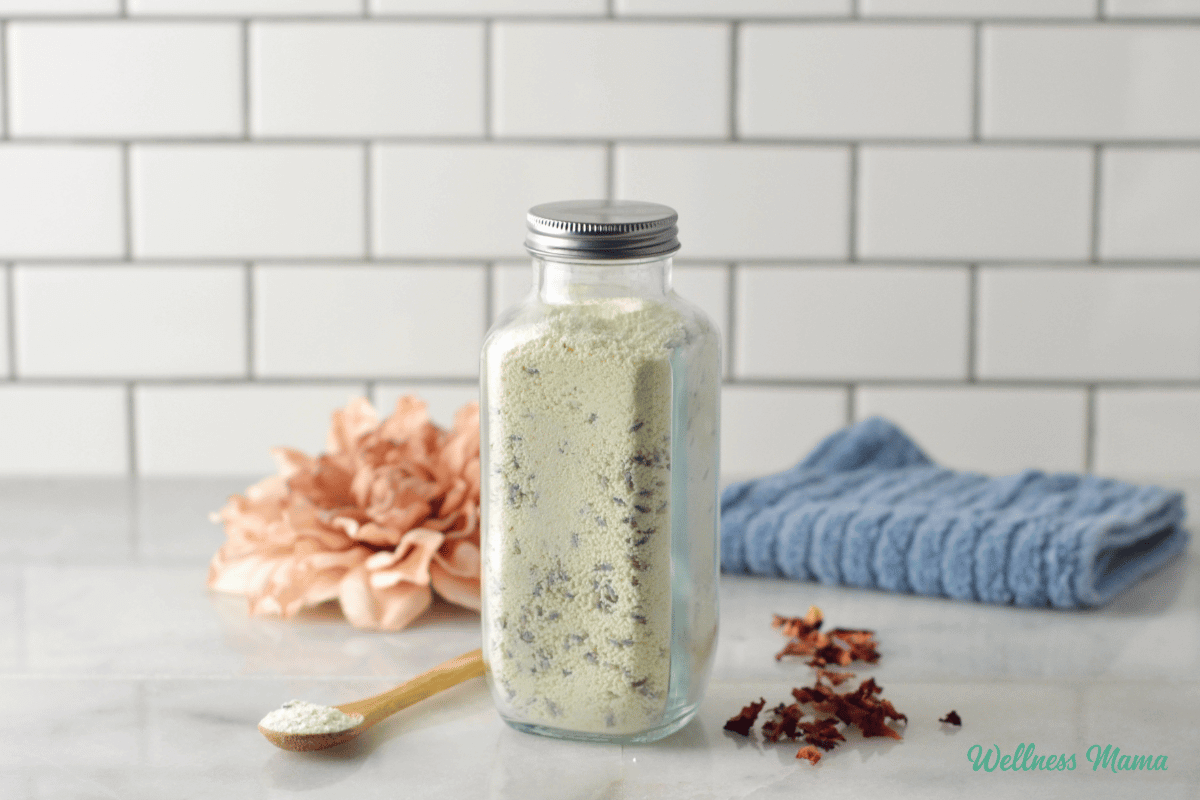

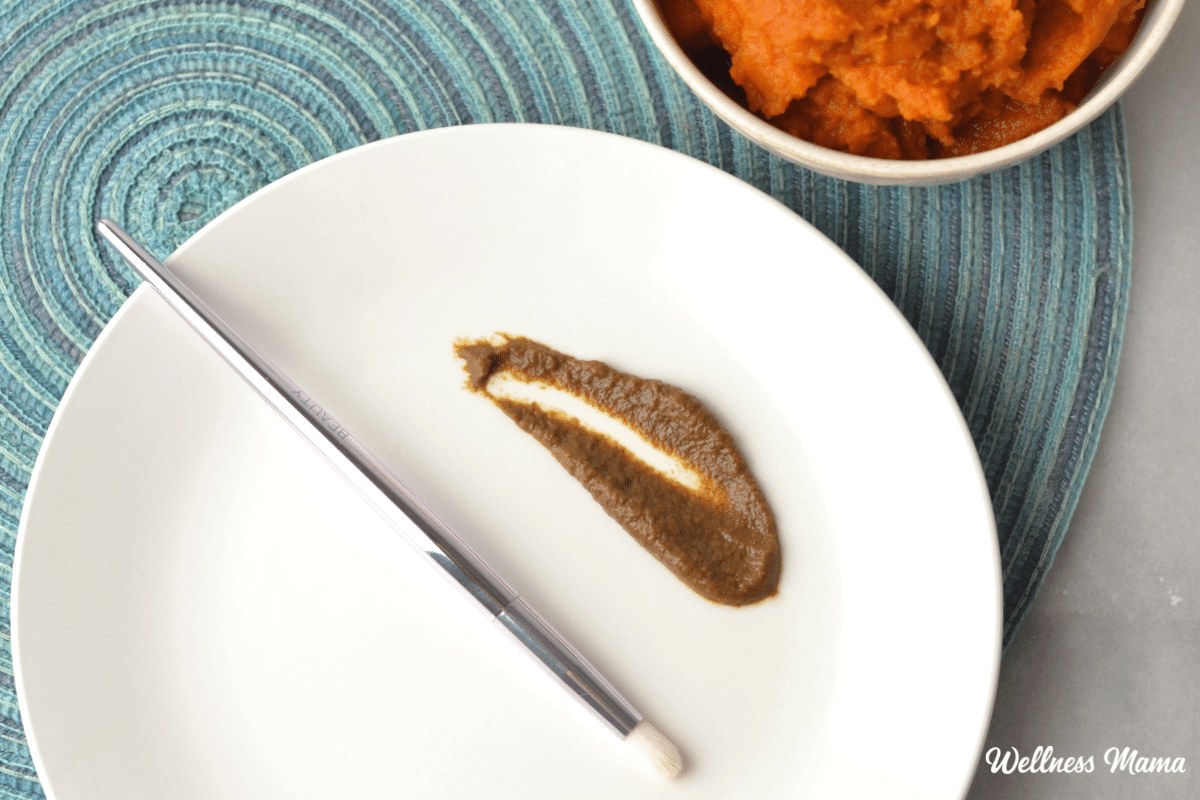


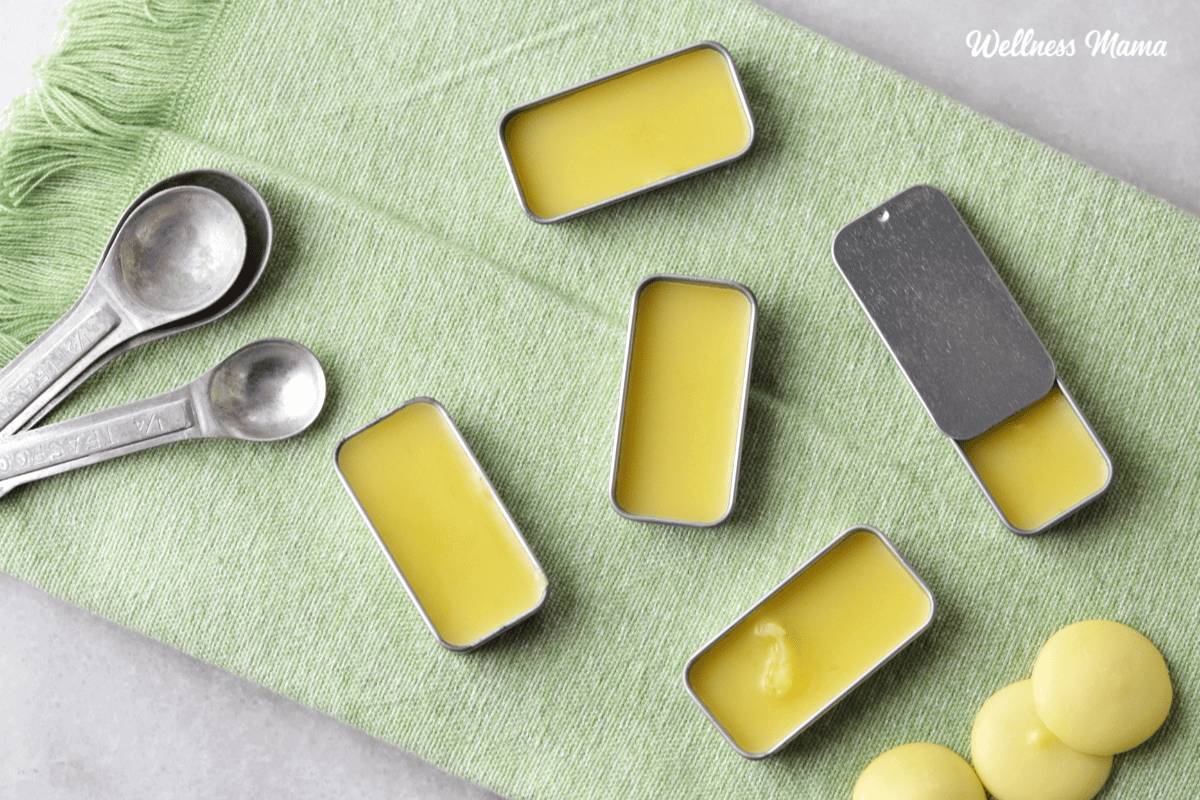


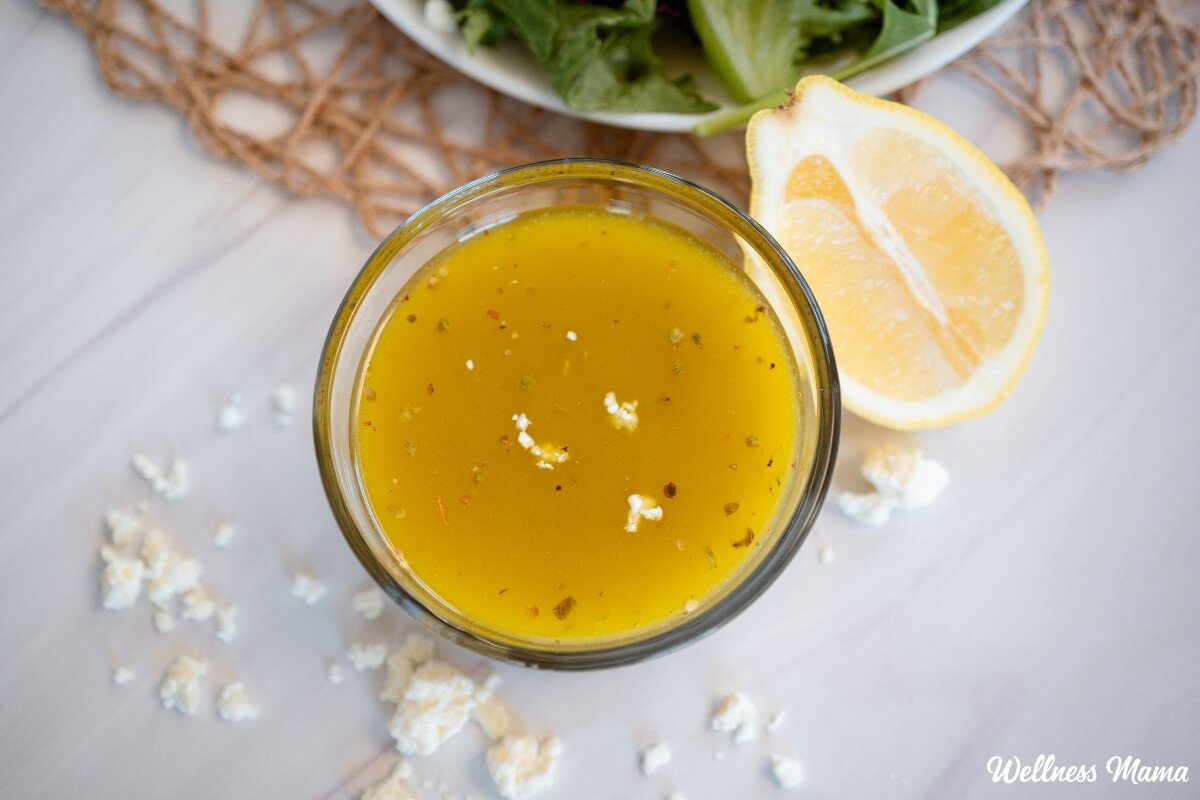

Leave a Reply